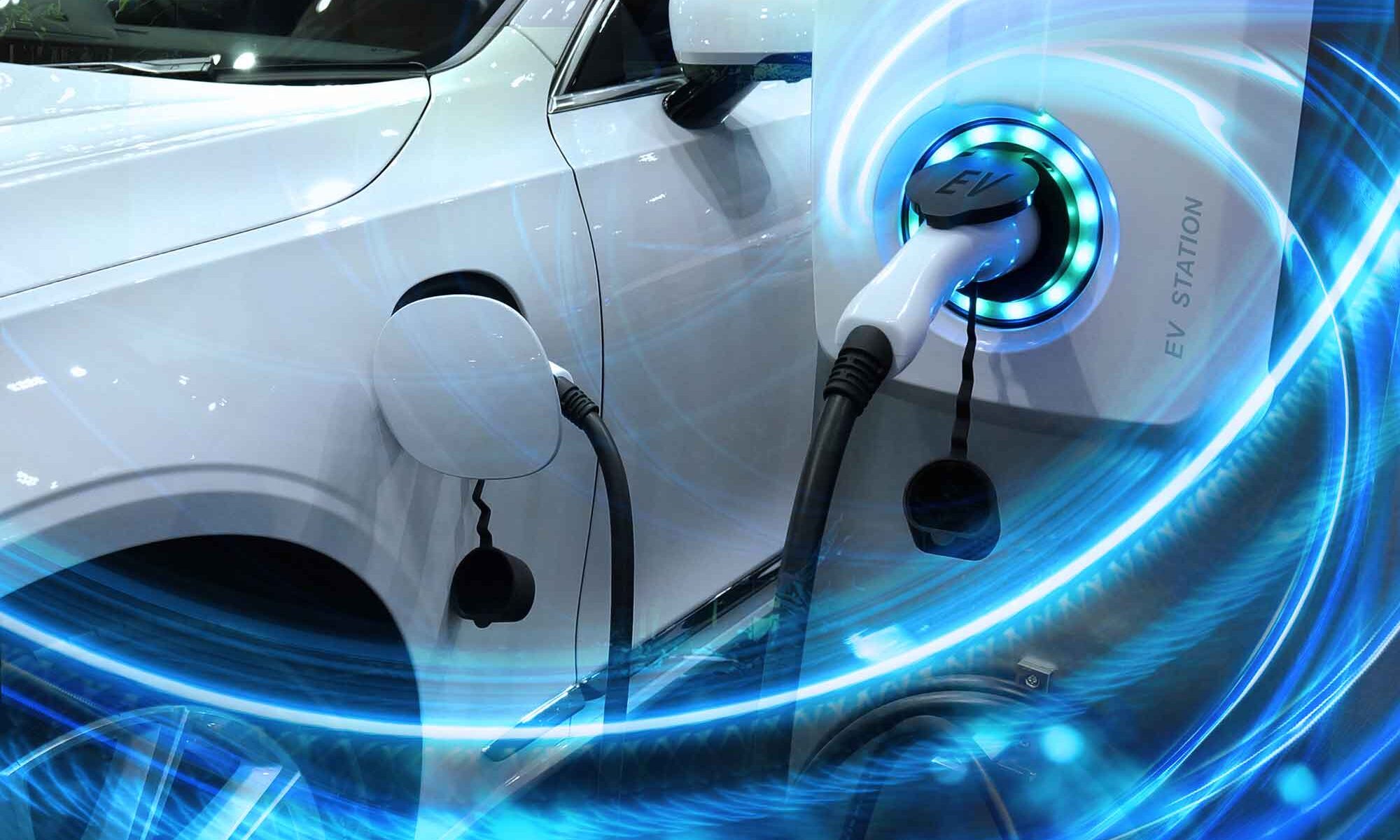What can we expect from new battery/battery technology in the coming years? French manufacturer Saft is working on solid state batteries, which are not only lighter and have more capacity than current lithium-ion batteries, but are also safer because they are non-flammable. How important that is is proven by the repeated news images of burning Tesla cars along the road.
Lithium
Most batteries today are of the lithium-ion (li-ion) type. With current materials and cell designs, li-ion technology is expected to reach an energy limit in the next few years. Thanks to recent discoveries of new compounds, the current limits may be stretched a little further.
An alternative to li-ion are lithium-sulphur (Li-S) batteries. These have a theoretical energy density of four times that of lithium-ion. That makes these batteries potentially very suitable for the aerospace industry. The technology is still in its infancy.
Solid state
In completely solid, so-called ‘solid state’ batteries, the liquid electrolyte of Li-Ion or Li-S batteries is replaced by a solid compound into which lithium ions can migrate. The use of innovative materials enables high voltage and high capacity, allowing for more compact and lighter batteries with better shelf life, due to reduced self-discharge.
Lighter batteries with more capacity are ideal for electric vehicles with much better range than at present. Manufacturer Saft expects them to reach the market earlier than Li-S batteries. Probably the first solid state batteries will be equipped with graphite-based anodes. Over time, lighter solid-state battery technologies with a metal lithium anode should become commercially available.
Check out Saft’s website for more information.
Image: buffaloboy/Shutterstock



